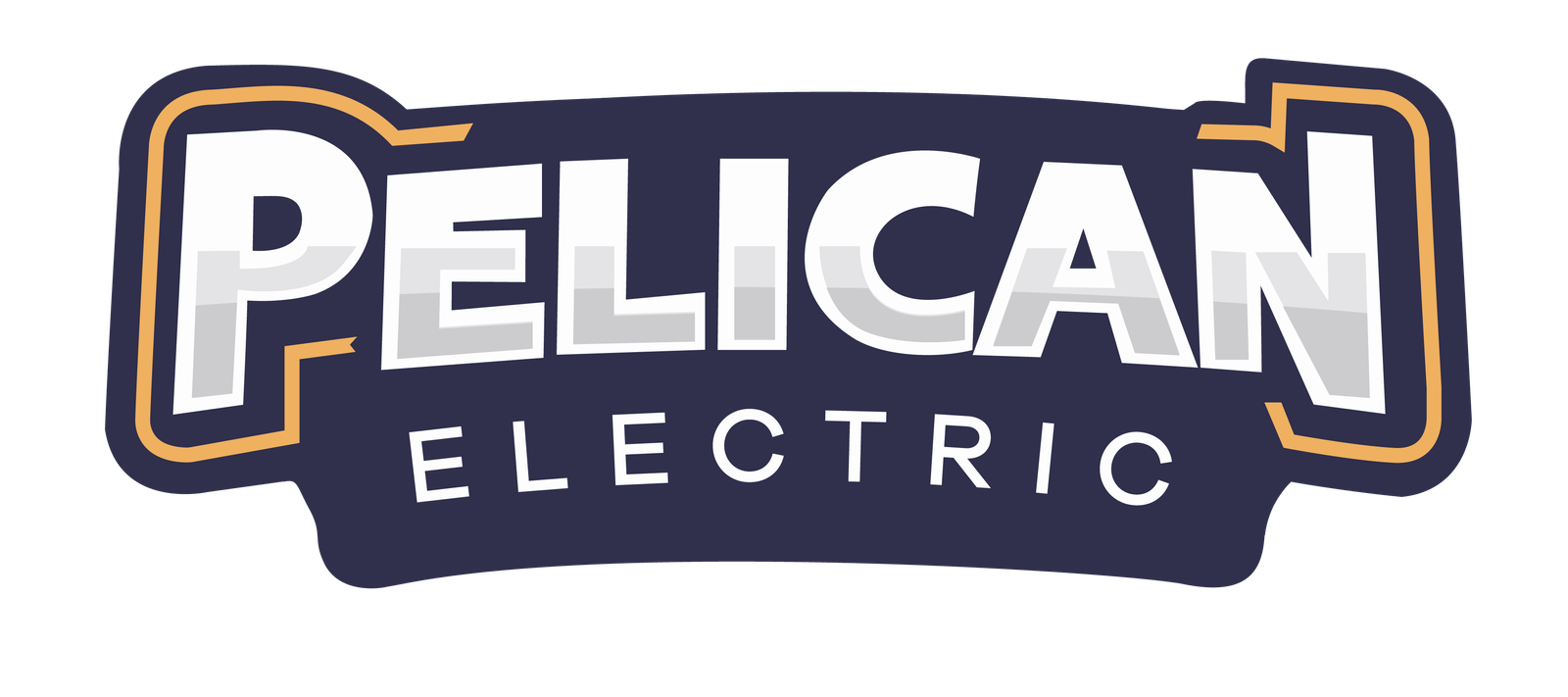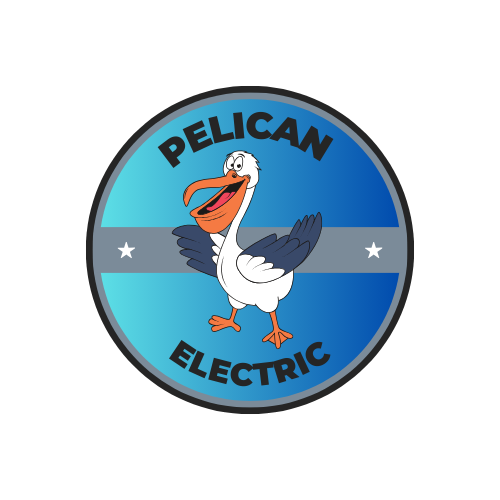Introduction
Importance of Home Generator Systems
In today’s world, where power outages can disrupt daily life and cause significant inconvenience, having a reliable home generator system is essential. Home generators provide backup power during outages, ensuring that essential appliances and systems continue to function. This blog will explore the types of residential home generator systems, their benefits, how to choose the right one, and important considerations for installation and maintenance.
Types of Home Generator Systems
Portable Generators
- Overview and Features:
- Portable generators are mobile and can be moved as needed.
- They typically run on gasoline or propane.
- Ideal for short-term use and smaller power needs.
- Pros and Cons:
- Pros: Affordable, easy to store, and versatile.
- Cons: Limited power capacity, requires manual operation, and regular refueling.
Standby Generators
- Overview and Features:
- Standby generators are permanently installed and automatically activate during a power outage.
- They run on natural gas or propane.
- Designed for long-term use and can power an entire home.
- Pros and Cons:
- Pros: Reliable, high power capacity, and automatic operation.
- Cons: Higher initial cost, requires professional installation, and periodic maintenance.
Inverter Generators
- Overview and Features:
- Inverter generators produce clean, stable power suitable for sensitive electronics.
- They are typically quieter and more fuel-efficient than traditional generators.
- Ideal for recreational use and small-scale power needs.
- Pros and Cons:
- Pros: Quiet operation, fuel-efficient, and safe for electronics.
- Cons: Higher cost per watt, limited power output, and not suitable for powering entire homes.
Benefits of Home Generator Systems
Ensuring Continuous Power Supply
- Preventing Disruptions:
- Home generators keep essential appliances and systems running during outages, preventing disruptions to daily life.
- Supporting Critical Systems:
- Ensure that heating, cooling, refrigeration, and medical equipment continue to operate.
Enhancing Home Safety and Security
- Maintaining Security Systems:
- Keep security systems operational, deterring potential intruders during power outages.
- Providing Lighting:
- Ensure that lights remain on, reducing the risk of accidents and providing comfort and safety.
Increasing Property Value
- Desirable Home Feature:
- Homes with standby generators are often more attractive to buyers, potentially increasing property value.
- Insurance Benefits:
- Some insurance companies offer discounts for homes equipped with reliable generator systems.
Choosing the Right Home Generator System
Assessing Your Power Needs
- Calculating Power Requirements:
- Determine the total wattage needed to power essential appliances and systems.
- Consider starting wattages and running wattages of appliances.
- Deciding on Full or Partial Backup:
- Decide whether you need a generator to power the entire home or just critical systems.
Fuel Type Considerations
- Natural Gas:
- Provides continuous fuel supply without the need for refueling.
- Requires a natural gas line connection.
- Propane:
- Stored in large tanks, offering a reliable backup fuel source.
- More stable and long-lasting than gasoline.
- Gasoline:
- Readily available and portable.
- Requires regular refueling and has a shorter shelf life.
Budget and Installation Costs
- Initial Purchase Price:
- Compare prices of different generator types and brands.
- Installation Expenses:
- Factor in the cost of professional installation, including electrical and gas line connections.
- Maintenance and Operating Costs:
- Consider ongoing maintenance, fuel costs, and potential repair expenses.
Installation and Maintenance
Professional Installation
- Finding a Qualified Electrician:
- Hire a licensed electrician with experience in generator installation.
- Ensure they are familiar with local codes and regulations.
- Site Assessment and Preparation:
- Assess the best location for the generator, considering distance from living areas and fuel supply connections.
- Prepare the site, including a concrete pad for permanent installations.
Regular Maintenance
- Scheduled Servicing:
- Follow the manufacturer’s maintenance schedule for oil changes, filter replacements, and system checks.
- Exercise Testing:
- Regularly test the generator to ensure it operates correctly and is ready for use during an outage.
- Fuel Management:
- Monitor fuel levels and quality, especially for gasoline and propane generators.
Common Issues and Troubleshooting
Starting Problems
- Check Fuel Levels:
- Ensure there is adequate fuel in the generator.
- Inspect Battery:
- Verify that the battery is charged and in good condition.
Power Output Issues
- Overloading:
- Ensure the generator is not overloaded by reducing the number of connected appliances.
- Circuit Breaker Check:
- Inspect and reset the generator’s circuit breakers if necessary.
Maintenance Alerts
- Oil and Filter Replacement:
- Regularly check oil levels and replace filters as per the maintenance schedule.
- Professional Servicing:
- Schedule professional servicing if maintenance alerts persist or if you encounter complex issues.
Summarizing the Benefits of Home Generators
Home generators provide peace of mind, ensuring that your home remains powered during outages. They support critical systems, enhance safety and security, and can increase property value. By carefully selecting the right generator type, assessing your power needs, and ensuring professional installation and regular maintenance, you can enjoy reliable backup power for years to come.
Ready to ensure continuous power supply for your home? Contact Pelican Electric today for expert advice on selecting and installing the perfect home generator system. Our experienced team is here to help you every step of the way.
Frequently Asked Questions
- How do I determine the right size generator for my home?
- Calculate the total wattage of all essential appliances and systems you want to power during an outage. Consider consulting a professional for accurate assessment.
- What is the difference between portable and standby generators?
- Portable generators are mobile and manually operated, while standby generators are permanently installed and automatically activate during outages.
- How often should I perform maintenance on my generator?
- Follow the manufacturer’s maintenance schedule, which typically includes regular oil changes, filter replacements, and system checks.
- Can I install a generator myself?
- It’s recommended to hire a licensed electrician for generator installation to ensure safety and compliance with local codes.
- What fuel type is best for home generators?
- The best fuel type depends on availability and your specific needs. Natural gas offers continuous supply, propane is stable and long-lasting, while gasoline is readily available but requires regular refueling.



Comments (3)
Riva Collins
It’s no secret that the digital industry is booming. From exciting startups to need ghor
global and brands, companies are reaching out.
Oliva Jonson
It’s no secret that the digital industry is booming. From exciting startups to need ghor global and brands, companies are reaching out.
CaseThemes
It’s no secret that the digital industry is booming. From exciting startups to need ghor global and brands, companies are reaching out.